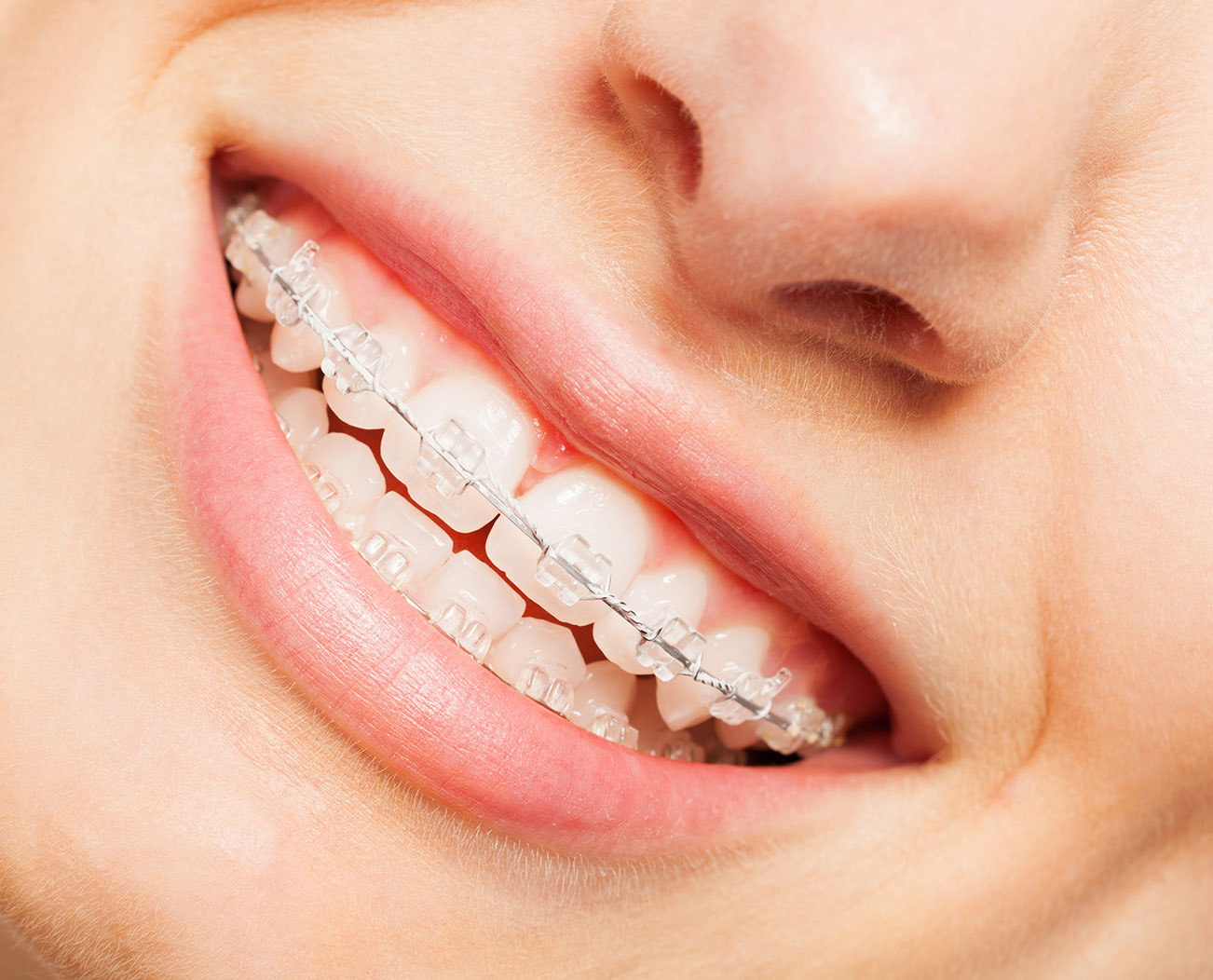The smart Trick of Johnson Orthodontics That Nobody is Discussing
The smart Trick of Johnson Orthodontics That Nobody is Discussing
Blog Article
The Ultimate Guide To Johnson Orthodontics
Table of ContentsIndicators on Johnson Orthodontics You Should KnowSome Known Details About Johnson Orthodontics Some Of Johnson OrthodonticsJohnson Orthodontics for DummiesThe Greatest Guide To Johnson OrthodonticsThe Basic Principles Of Johnson Orthodontics Some Known Factual Statements About Johnson Orthodontics
An orthodontist is a dentist trained to identify, avoid, and treat teeth and jaw abnormalities. Orthodontists work with people of all ages, from kids to adults., yet not all dental practitioners are orthodontists. They concentrate on two locations: How to effectively and safely relocate teeth How to properly lead development in the teeth, jaw, and faceOnce an orthodontist has actually finished training, they have the alternative to come to be board certified.
Some Known Facts About Johnson Orthodontics.
Misalignment, or malocclusion, is one of the most common reason people see an orthodontist. It is genetic and is the result of size differences in between the top and lower jaw or in between the jaw and teeth. Malocclusion leads to tooth congestion, a twisted jaw, or uneven bite patterns. Malocclusion is typically treated with: Your orthodontist affixes metal, ceramic, or plastic square bonds to your teeth.
If you have just small malocclusion, you might have the ability to make use of clear dental braces, called aligners, rather than traditional braces. Some people need a headwear to aid relocate teeth into line with stress from outside the mouth. After dental braces or aligners, you'll require to put on a retainer. A retainer is a personalized tool that keeps your teeth in position.

They can produce extra room in the mouth without having to draw teeth. Orthodontists make use of cords, surgical screws, or plates to sustain your jaw bone.
The Best Guide To Johnson Orthodontics
Throughout your initial orthodontic assessment, you'll likely have: An oral examPhotos taken of your face and smileDental X-raysPanoramic (360 level) X-rays of your face and headImpressions to develop mold and mildews of your teethThese examinations will certainly help your orthodontist recognize just how to wage your therapy. An orthodontist is a dentist that's had training to treat your teeth and jaw.
An orthodontist is focused on your bite, so something like a damaged tooth would be managed by a dentist. Orthodontists are focused on your bite, or the way your teeth fit together, and the straightness of your teeth.
Ever before asked yourself just how celebs always appear to have completely lined up teeth? Orthodontists are oral professionals who concentrate on fixing abnormalities in the teeth and jaws.
Little Known Facts About Johnson Orthodontics.

Clear aligners, like Invisalign, are a prominent choice for clients seeking a much more discreet therapy option. These detachable trays are tailor-made to progressively move the teeth's position (https://issuu.com/johnsonortho). Headwear may be utilized in conjunction with dental braces or aligners to use extra targeted forces, especially for correcting jaw disparities. In instances of slim jaws, palatal expanders can be used to produce room for appropriate tooth alignment.
Johnson Orthodontics - Questions
While achieving a lovely smile is an all-natural perk of orthodontic therapy, the benefits prolong far past visual appeals. Appropriately aligned teeth and a balanced bite add to boosted oral health and wellness in several ways: Straight teeth are much easier to cleanse, which helps avoid tooth cavities and gum disease. An appropriate bite permits efficient chewing, which aids in digestion and total intestine health and wellness.
What is the difference between a dental practitioner and an orthodontist? All dental practitioners, including orthodontists, treat the teeth, gums, jaw and nerves.
You can think of both doctors who treat gum tissue and teeth troubles. The primary distinction is that coming to be an orthodontist needs a particular specialty in dealing with the imbalance of the teeth and jaw.
Getting The Johnson Orthodontics To Work
An orthodontist is a dental expert that has actually undertaken training to specialize in the diagnosis, prevention and therapy of irregularities in the jaw and teeth. Their training includes dealing with these existing conditions (mentor orthodontics). They can likewise identify prospective issues in teeth alignment that might establish when conditions are left neglected. Orthodontists can help individuals of any ages.
This includes all the needed education and learning to come to be a general dental professional. According to the American Student Dental Association (ASDA), it means you will require to have either a Doctor of Medication in Dental Care (DMD) or a Medical Professional of Oral Surgery (DDS). Simply put, orthodontists require to finish dental school and afterwards obtain an orthodontics specialized education and learning.
Johnson Orthodontics Can Be Fun For Anyone

When you have a healthy and balanced bite, you can talk, chew and consume correctly, hence boosting your lifestyle. Aside from the orthodontist, we frequently see assistants dealing with these dental experts in their clinics. So, what is an orthodontist aide called? They're suitably called orthodontic aides. They are specialized assistants, and are educated to take care of dental gear and offer preventative oral health care.
Report this page